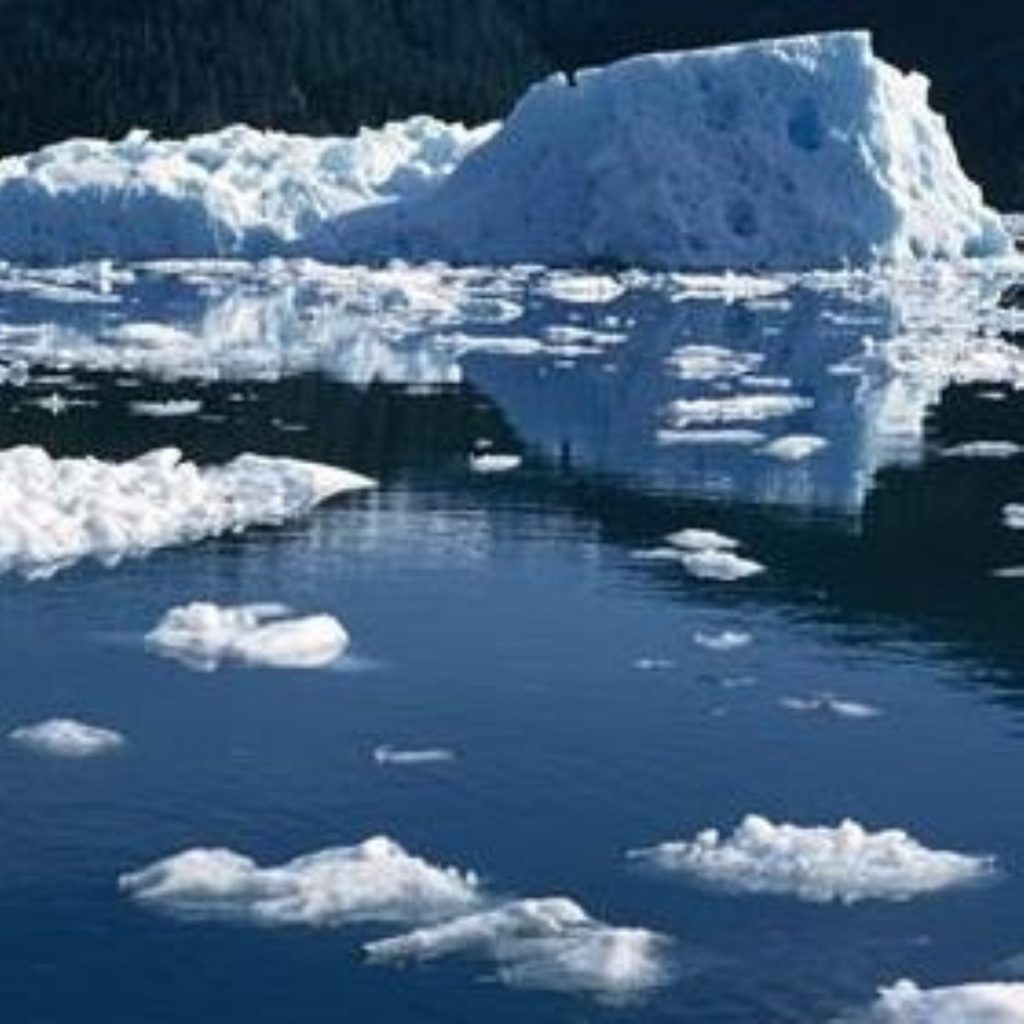UN report issues dire climate change warning
The UN’s environment panel has warned that climate change will have global impacts much greater than had previously been anticipated.
After all-night negotiations on the final contents of the report, representatives from governments around the world finally reached agreement on its conclusions.
The poorest are the most likely to suffer from the effects of climate change, with rising sea levels, heightened drought risks and negative agricultural impacts all expected to cause more suffering around the world.
The Intergovernmental Panel on Climate Change (IPCC) has published three reports in its 19-year history, the last of which was released in 2001. The second volume of its fourth report comes out later today.


Last-minute negotiations over the contents of the report led to accusations from some scientists that its contents had been diluted, according to media reports, but these have now been dispelled.
Over 130 countries have participated in the IPCC’s fourth report, which has involved over 2,500 scientific expert reviewers, 800 contributing authors and 450 lead authors.
Environmental groups have hailed the report, saying it represents a call-to-action for countries around the world.
“Doing nothing is not an option, on the contrary it will have disastrous consequences,” warned Hans Verolme, director of WWF’s global climate change programme.
“The industrialised countries simply need to accept their responsibilities and start implementing the solutions,” he added.
Meanwhile the Friends of the Earth charity has demanded “steep emissions cuts” from all rich countries.
“Unless we take action to reduce emissions now, far worse is yet to come, condemning millions in the poorest parts of the world to loss of lives, livelihoods and homes,” warned the charity’s international climate campaigner, Catherine Pearce.
Britain’s Environment Agency (EA) has today unveiled plans to cope with the effects it anticipates will hit the UK hardest – rising sea levels, higher temperatures and “boom or bust” rainfall patterns.
“Our present efforts to reduce emissions will prevent destabilisation of the climate during the second half of the century, but for now we need to adapt to changes that are for all practical purposes unavoidable and committed,” EA chief executive Baroness Young said.
“There is already warming locked into the system and the trend in increased temperatures is likely to continue over the next 30-40 years. This means increased risk of flooding, coastal tide surges, water shortages and potential loss of biodiversity.”
The EA said it was already acting to invest in reinforced flood risk management, coastal protection, water efficiency to minimise the impact of drought and biodiversity conservation.
Environment and climate change minister Ian Pearson responded to today’s IPCC report by saying that individuals were key to the future battle against carbon emissions.
“The report clearly shows that climate change will affect everyone on an individual level. It’s not just a problem for governments or big companies – we need people to be informed and engaged in the important role individuals and households can play,” he said.









